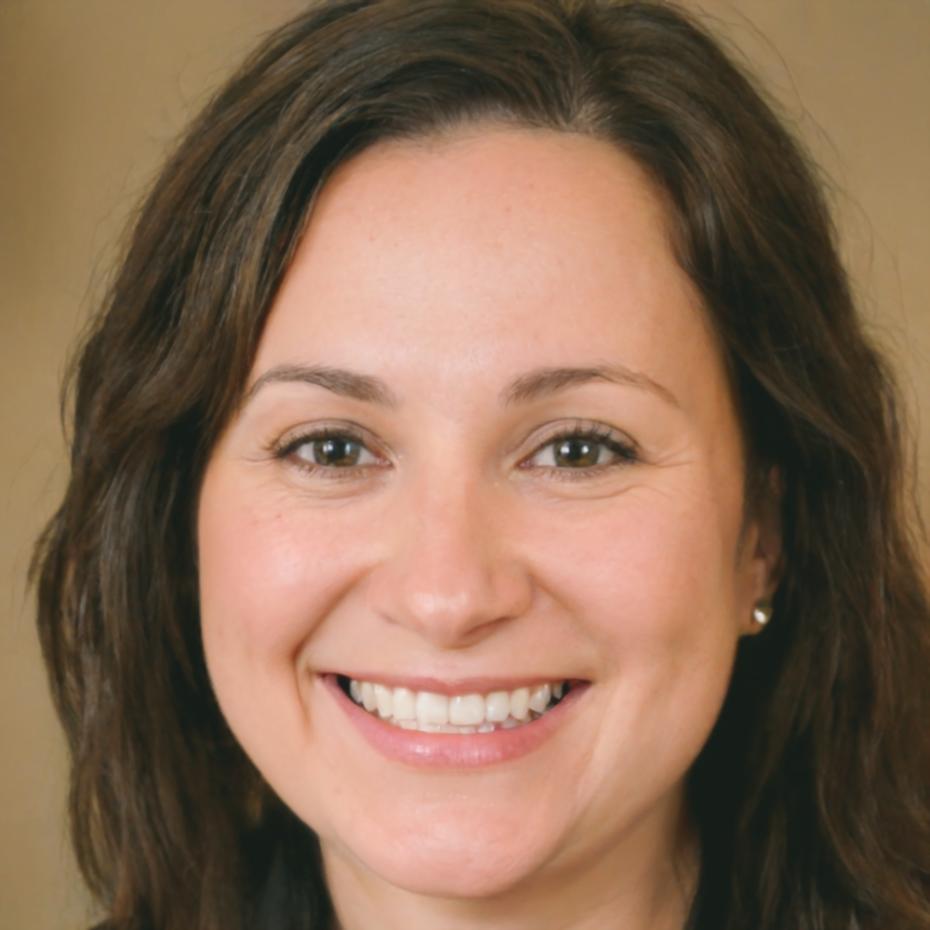Master Financial Progress Tracking That Actually Works
Stop guessing where your money goes. Our systematic approach helps professionals build measurement skills that reveal patterns most people miss entirely. Real techniques, practical application, measurable results.
Explore Learning ProgramsProgress Measurement Approaches
Different financial situations require different tracking methods. We examine which measurement techniques work best for specific goals and circumstances.
Cashflow Velocity Analysis
Track money movement patterns rather than static balances. This method reveals spending cycles and helps identify optimization opportunities that traditional budgeting misses.
Weekly Data PointsBehavioral Correlation Mapping
Connect financial decisions to external factors like stress, seasons, or life events. Understanding these patterns helps predict and prepare for spending variations.
Pattern RecognitionGoal Proximity Measurement
Instead of tracking progress linearly, measure how close you are to breakthrough moments. This psychological approach maintains motivation during slow progress periods.
Milestone TrackingSkill Development Path
Foundation Assessment
Learn to audit your current measurement habits and identify blind spots. Most people track the wrong metrics entirely - we show you what actually matters for your situation.
Custom Framework Building
Develop personalized tracking systems that match your lifestyle and goals. Generic approaches fail because they ignore individual circumstances and preferences.
Pattern Recognition Training
Master the art of spotting meaningful trends in your financial data. This skill separates people who react to money problems from those who prevent them.
Advanced Forecasting Methods
Use historical patterns to predict future financial scenarios. These techniques help you prepare for opportunities and avoid common pitfalls before they happen.
Common Questions About Progress Measurement
Learn From Experienced Practitioners
Our instructors have spent years refining measurement techniques across different industries and financial situations. They understand what works in practice, not just in theory.

Cordelia Blackwood
Senior Financial Analyst
Developed measurement frameworks for ASX 200 companies before transitioning to education. Specializes in turning complex financial data into actionable insights for individuals and small businesses.

Zara Nightingale
Behavioral Finance Specialist
Combines psychology and financial measurement to help people understand their money patterns. Former research analyst who now focuses on teaching sustainable financial habits and decision-making skills.